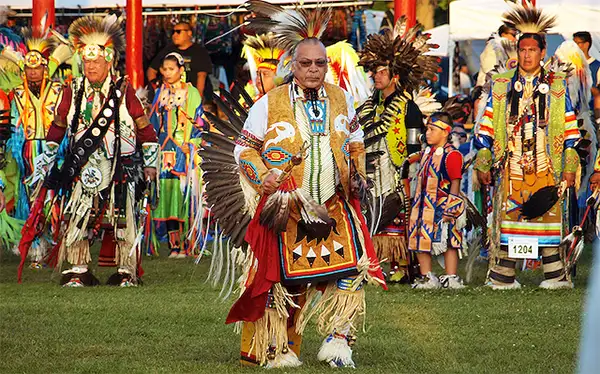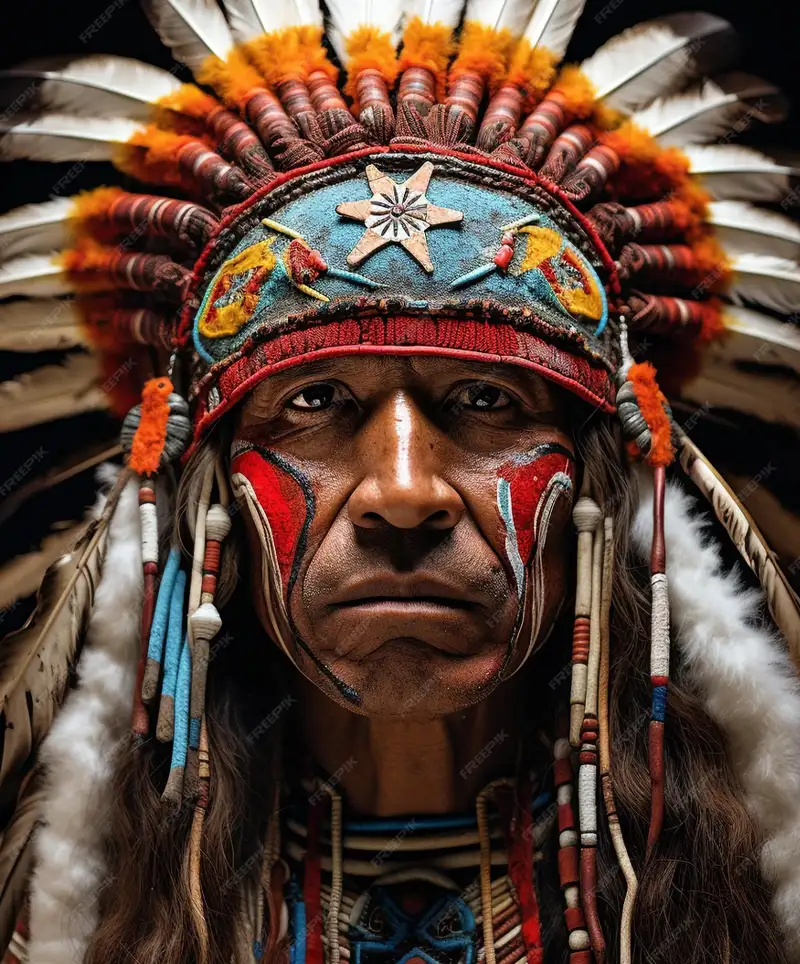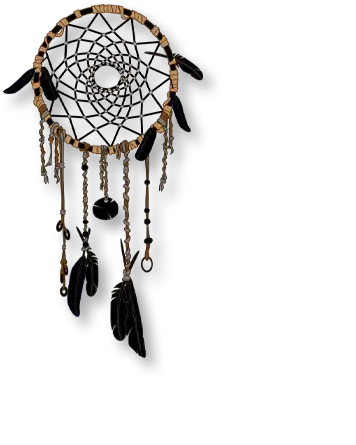A Journey Through History and Culture
Native American Heritage Day, marked annually on the day following Thanksgiving in the United States, stands as a profound reminder and celebration of the rich cultural tapestry woven by Native American peoples. Far from the bustling shopping aisles and the commercial whirlwind of Black Friday, this day offers a moment of reflection, recognition, and respect for the deep historical roots and diverse cultural expressions of the First Nations. Instituted as an essential counterbalance to the prevalent consumerism of late November, Native American Heritage Day is an opportunity to turn our collective focus towards the myriad ways Native American communities have enriched and shaped the American narrative.
This day is not just a cursory nod to the past; it is a vibrant acknowledgment of the living cultures, traditions, and languages that continue to thrive nationwide. From the snow-capped peaks of Alaska to the sunbathed landscapes of the Southwest, from the bustling cities to the quiet plains, the stories, arts, and wisdom of Native American tribes permeate the fabric of American life. By setting aside this day, we are invited to delve into a rich legacy that predates modern America by thousands of years, characterized by a profound connection to the land, a resilient spirit, and a diverse array of cultural practices that continue to evolve and influence.
As we observe Native American Heritage Day, we are encouraged to look beyond the stereotypes and one-dimensional narratives often portrayed in mainstream media. This is a day to engage with the true depth and diversity of Native American societies – to appreciate their art and music, understand their challenges and triumphs, and recognize their enduring impact on political, environmental, and social spheres.
In essence, Native American Heritage Day serves as a poignant reminder of the past struggles and triumphs of Native American peoples and a celebration of their enduring contributions and vibrant presence in the tapestry of American culture. It's a day to step back from the flurry of holiday shopping and immerse ourselves in the rich and diverse cultures that are integral to the nation's history and identity.
Historical Roots and Recognition
 The path to establishing Native American Heritage Day is a narrative of resilience, advocacy, and gradual recognition. This journey reflects the persistent efforts of Native American communities to gain acknowledgment for their rich heritage and their critical role in shaping the history of the United States.
The path to establishing Native American Heritage Day is a narrative of resilience, advocacy, and gradual recognition. This journey reflects the persistent efforts of Native American communities to gain acknowledgment for their rich heritage and their critical role in shaping the history of the United States.
The push for recognition can be traced back to the early 20th century when Native American leaders began advocating for their rights and the acknowledgment of their cultural contributions. These efforts were initially focused on creating awareness about the diverse cultures, languages, and traditions of the various Native American tribes. The advocacy took many forms, from educational programs and cultural festivals to political lobbying.
Throughout the 20th century, several Native American activists emerged as powerful voices for their communities. They fought not only for cultural recognition but also for civil rights, land rights, and the sovereignty of Native American nations. Their efforts were instrumental in bringing national attention to the issues faced by Native Americans and the need for their cultural and historical recognition.
The movement for recognition gained momentum in the latter half of the 20th century, with several states and local governments beginning to acknowledge the contributions of Native Americans through various proclamations and observances. These regional acknowledgments laid the groundwork for a national day of recognition.
The journey to establishing Native American Heritage Day began earnestly in the early 2000s. In 2009, this movement reached a pivotal moment when the United States Congress, with bipartisan support, passed legislation to officially designate the day after Thanksgiving as Native American Heritage Day. This decision was a significant acknowledgment of the importance of honoring and understanding the rich heritage, culture, and history of Native Americans.
President George W. Bush signed the legislation into law, marking a historic moment in the long journey of Native American advocacy. The day was set to coincide with November, also recognized as Native American Heritage Month, further emphasizing the importance of Native American history in the national consciousness.
The establishment of Native American Heritage Day is seen as a milestone in the journey toward recognition and respect for the first inhabitants of the Americas. However, it is also recognized as a step in an ongoing journey. Native American leaders and communities continue to advocate for more comprehensive recognition of their rights, histories, and contributions, aiming to ensure that the significance of this day extends beyond mere symbolism and fosters a deeper understanding and respect for Native American cultures across the nation.
In celebrating Native American Heritage Day, we are reminded of the enduring spirit of Native American communities and their continuing influence on the cultural, political, and environmental landscape of the United States. It's a day that stands as a testament to the power of advocacy and the importance of honoring the diverse and rich heritage that forms the bedrock of American history.
Celebrating Diverse Cultures
Native American Heritage Day is not only a single story but a tapestry of many nations, each with its own unique traditions, languages, and histories. The day is an opportunity to explore the rich variety of Native American cultures, from the Navajo in the Southwest to the Iroquois in the Northeast and from the Sioux in the Great Plains to the Cherokee in the Southeast. Each nation carries its own distinct traditions, art, and ways of life, contributing to the larger narrative of American history.
Educational institutions and organizations play a crucial role in commemorating this day. Schools, libraries, and museums often organize events and exhibits that showcase Native American history and culture. These include traditional music and dance performances, art exhibitions, storytelling sessions, and educational workshops, providing a platform for learning and appreciation.
Native American Heritage Day also serves as a day of advocacy, bringing attention to the ongoing issues faced by Native American communities. These include challenges related to land rights, health care, education, and the preservation of languages and cultural practices. The day is a call to action, encouraging people to learn about and support policies and initiatives that promote the well-being and rights of Native Americans.
For individuals looking to honor this day, it presents an opportunity for personal learning and reflection. Engaging with Native American literature, supporting Native American businesses and artists, and participating in local cultural events are ways to show respect and appreciation for Native American cultures.
Native American Heritage Day is more than a commemoration; it's a day of reflection, education, and celebration. It encourages us to delve deeper into the rich tapestry of Native American cultures, recognize their contributions and struggles, and commit to a future of respect, collaboration, and shared understanding.
In celebrating Native American Heritage Day, we not only pay homage to the first inhabitants of this land but also acknowledge their enduring influence and resilience. It's a day to remember that the history of Native Americans is an integral part of the larger American story, one that continues to evolve and enrich the nation's fabric.
Please Share our Content






 The path to establishing Native American Heritage Day is a narrative of resilience, advocacy, and gradual recognition. This journey reflects the persistent efforts of Native American communities to gain acknowledgment for their rich heritage and their critical role in shaping the history of the United States.
The path to establishing Native American Heritage Day is a narrative of resilience, advocacy, and gradual recognition. This journey reflects the persistent efforts of Native American communities to gain acknowledgment for their rich heritage and their critical role in shaping the history of the United States.








 "Sláinte!" is a traditional Irish expression used as a toast, equivalent to "Cheers!" in English.
"Sláinte!" is a traditional Irish expression used as a toast, equivalent to "Cheers!" in English.